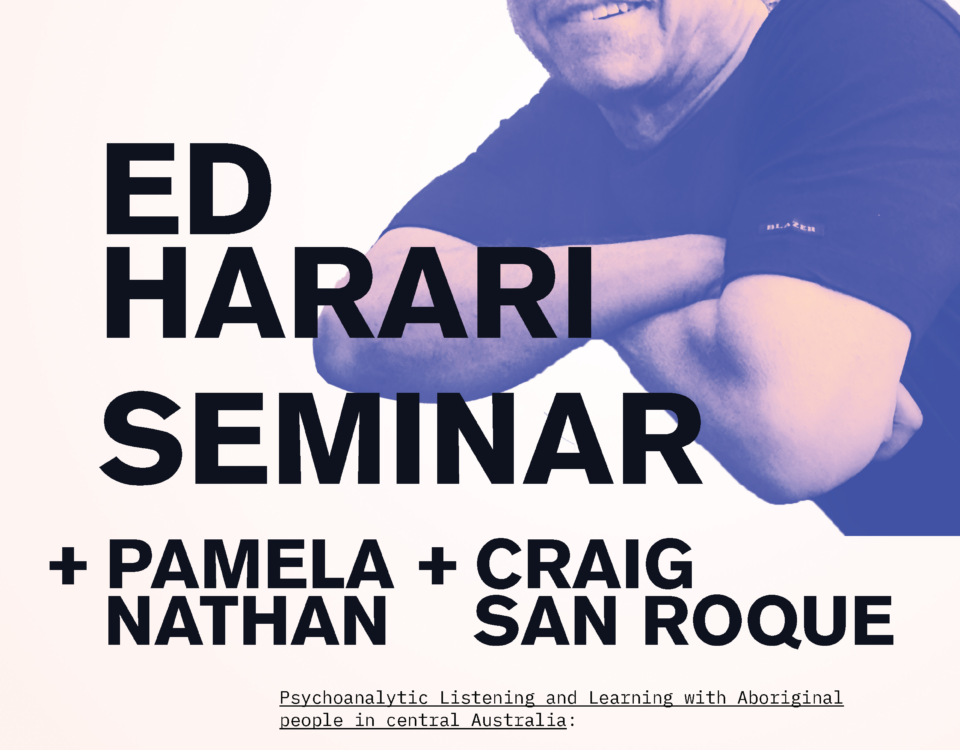Constitutional reform is the law of the land
February 3, 2014Truancy is complicated
February 5, 2014by Pamela Nathan
Re: “Indigenous recognition still has a way to go”, Editorial, The Age, 28 January, 2014.
This Editorial comments with an apt truth that Australia still struggles with its identity and heritage, “particularly in confronting the damage and disenfranchisement caused to indigenous people through European settlement”. Professor Mick Dodson, Australian of the Year (2009) says :
”When we can look at the past without flinching, when we can deal empathetically and more honestly with the searing parts of our history, then we can make real progress together,” he says. ”It would make our remembering complete.”
Warren Mundine who advises Tony Abbott on indigenous affairs says, “while we must never forget the heinous wrongs wrought on Aborigines and Torres Strait islanders, there has to be a degree of forgiveness on the part of indigenous people, so that a line can be drawn in history. The option, he says, “is to allow anger to fester”.
An Aboriginal leader in Alice Springs told me recently with a searing simplicity, that he was taken away with his brother when they were both children. He said, “We were sent north because we were the darkies and the light ones were sent south. There were eight of us. We were all split up. I found my way back to my people and country. I still have the anger. I try to use it constructively. I work in the Aboriginal organisations. I don’t have the language”.
In my experience Aboriginal people demonstrate an enormous capacity to forgive and with generosity and graciousness indeed forgive. Russell Goldflam, the senior lawyer of Australian Legal Aid told me of the wisdom of Kemarre-kemarre (a woman who sadly told me they “call me MK nowadays” – she can’t be called Margaret-Mary anymore as this was the name of her daughter who was murdered a few years ago). Russell was defending one of the gang of young men who were alleged to have murdered her innocent and hard working and much loved nephew in the broad daylight of the town at the foot of the sacred hill. Russell (correspondence 2011) told me how terrible it was for him to meet her every day in the courts:
There was a very moving moment in our meeting with the apostolics, which took place in a room at the presbytery hung with watercolours by Theresa Ryder. Margaret Kemarre Turner was also present, and had spoken. Margaret had sat in court to support Theresa through the committal for the 5 whitemen charged with murdering Theresa’s son, Donny (that case was ultimately resolved, by the way, as a manslaughter plea). I used to work with both Margaret and Theresa, so it was very awkward for me walking past them every day to take up my place at the bar table to defend my client. (Something like the episode you describe of the intense shame and pain you felt at the CAAC meeting you went to in 2008.) Anyway, after about a week of this, I approached MK, gave my condolences for the loss of her nephew, and explained that I was doing my job etc. To my relief, she was very supportive, and said she and Theresa understood that, and they respected me doing this etc. Anyway, the other evening, MK recounted this little reconciliatory encounter, as an example of how we’re all engaged together in the same difficult and painful process, to illustrate that there are glimmers of a way through all this(my emphasis).
Nonetheless many Aboriginal people no doubt feel hatred, an understandable hatred. Australians need to listen to and hear the feelings of hatred and feel empathy for Aboriginal people and their generations of trauma. As an Australian it is hard not to feel conflicted and filled with guilt, shame and hatred when confronted with the harsh realities of Aboriginal life and the stories of stolen childhoods and lives of Aboriginal people.
Perhaps we all need to mourn and remember and forgive and not leave the forgiveness just to Aboriginal people. In order to do so we need to feel the hatred, the guilt, to mourn and remember and do so together.
As Weiss, a German psychoanalyst (2014) says “ it is not memory which enables mourning, but on the contrary the ability to mourn which leads to real remembrance, that is to a remembrance with emotion and meaning”.





